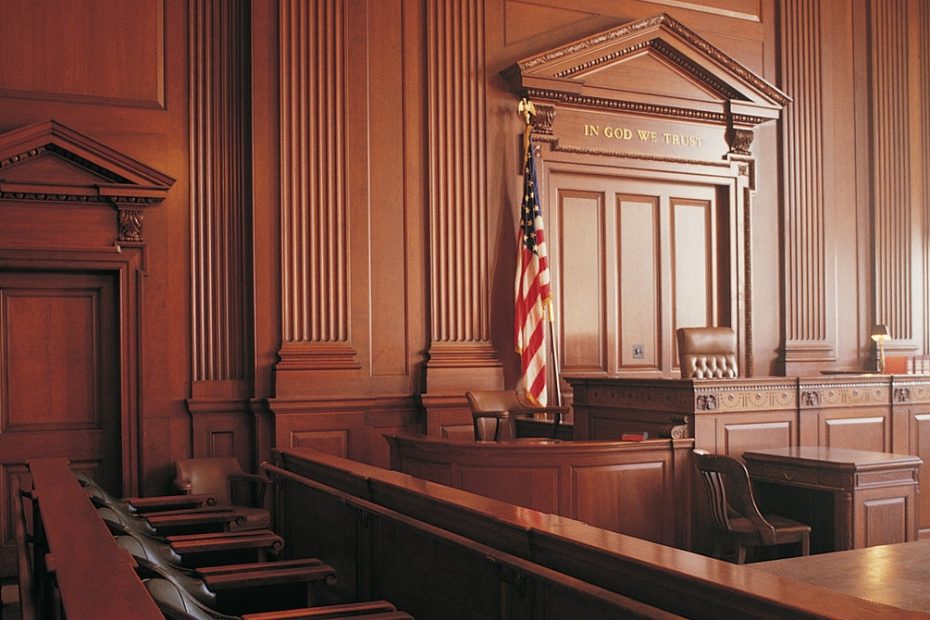The Internet Archive has lost a major legal battle, in a decision that could have a significant impact on the future of internet history. Today, the U.S. Court of Appeals for the Second Circuit ruled against the long-running digital archive, reversing an earlier ruling in Hachette vs. Internet Archive which concluded that one of the Internet Archive's book digitization projects violated copyright law.
Notably, the appeals court ruling rejected the Internet Archive's argument that its lending practices were protected by the fair use doctrine, which permits copyright infringement in certain circumstances. It called the argument “unpersuasive.”
In March 2020, the Internet Archive, a San Francisco nonprofit, launched a program called the National Emergency Library, or NEL. The pandemic’s closure of libraries left students, researchers and readers without access to millions of books. The Internet Archive said it was responding to calls from regular people and other librarians to help people at home get access to the books they need.
The NEL was an outgrowth of an ongoing digital lending project called the Open Library, in which the Internet Archive scans physical copies of library books and lets people check out the digital copies as if they were regular reading material rather than e-books. While the Open Library lent books to one person at a time, the NEL did away with this ratio rule and instead let large numbers of people check out each scanned book at a time.
The NEL was the subject of a backlash soon after its launch, with some authors arguing that it amounted to piracy. In response, the Internet Archive repealed its emergency measure and reimposed lending limits within two months. But the damage had been done. In June 2020, major publishers including Hachette, HarperCollins, Penguin Random House, and Wiley filed the lawsuit.
In March 2023, the district court ruled in favor of the publishers. Judge John G. Koeltl ruled that the Internet Archive had created “derivative works” and argued that there was “nothing transformative” in the copying and lending. After the initial ruling in Hachette vs. Internet ArchiveThe parties negotiated terms – details of which have not been disclosed – although the archives nevertheless appealed.
James Grimmelmann, a professor of digital and internet law at Cornell University, said the ruling is “not all that surprising” in the context of how courts have interpreted the concept of “fair use” recently.
The Internet Archive managed to win a Pyrrhic victory on appeal. While the Second Circuit sided with the district court's original ruling, it clarified that it did not view the Internet Archive as a commercial entity, emphasizing instead that it was clearly a nonprofit. Grimmelmann sees this as the correct decision: “I'm glad the Second Circuit corrected that error.” (He signed an amicus brief on appeal arguing that it was wrong to classify the use as commercial.)
“Today’s appeals court decision affirms the rights of authors and publishers to license and be compensated for their books and other creative works, and reminds us in no uncertain terms that infringement is both costly and contrary to the public interest,” Maria A. Pallante, president and CEO of the Association of American Publishers, said in a statement. “If there was any doubt, the Court makes clear that under fair use case law, there is nothing transformative about converting entire works into new formats without permission or appropriating the value of derivative works that are an important part of an author’s copyright.”

